
National selection of top producer of
poison and fertilizer
in Iran

Omid International Conference
International Conferences Center
In Tehran
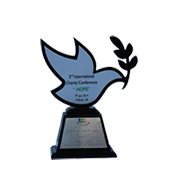
Omid Second International Conference
International Conferences Center
In Iran

Omid Third International Conference
International Conferences Center
In Iran

Omid Fourth International Exhibition
International Conferences Center
In Tehran

11th International Agricultural Industry
Exhibition
Machinery and related services
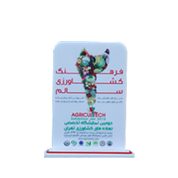
Second Specialized Agricultural Exhibition
The permanent location of
the Bustan fairs
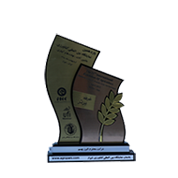
11th International Agricultural Fair
Premier Booth
In Iran
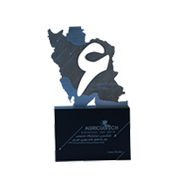
Sixth specialized exhibition
Tehran Agricultural Agencies
In Iran
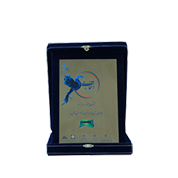
National Award for Top
Manufacturing Unit
In Iran-gazvin

First place
Safir Cup Tournament
In Winter

Top Team
Ramezan Cup Tournament
TehraniMoghadam
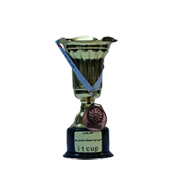
Third place
Safir First Futsal Cup Tournament
itcup

Properties of Dioctyl Adjuvant
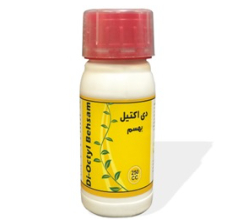
under the brand name of Dioctyl and as a wetting and dispersing agent is considered in the pesticide industry due to having both hydrophilic and hydrophobic properties and regarding its special chemical structure, but what is less noticed is its insecticidal properties. The chemical formula of sodium salt is C20H37NaO7S. Its oral toxicity for female mice is 1900 mg/kg. Its acidity in aqueous medium is between 6.5 to 7.5.
This combination has many properties that makes it special:
- pesticide properties as ovicide, insecticide and acaricide,
Diectyl kills all stages of insect life. Because this compound has the ability to dissolve the cuticle shell of insects, which makes it suitable for fighting hardy pests that have a thick and hard cuticle coating, such as cotton green bug, pistachio psyllids, and weevils. The cell wall degradation property of this compound is due to the succinate factor in the chemical structure of diethyl sulfosuccinate. The destruction of the cell wall makes the penetration of the pesticide and its transfer to the target site easy and short, and as a result, the pesticide will be more effective.
- Surfactant and detergent properties
This property is due to the chemical structure of dioctyl, which is both hydrophilic and lipophilic, making it suitable for dissolving in both organic solvents and dissolving in inorganic solvents. This contributes to the stability of pesticides after formulation.
- Help prevent pesticides from winding up in WP formulations
This compound due to its special chemical structure, which causes the dry particles to become drier and heavier after consumption, thus preventing the poison particles from blowing away. It also helps to absorb water droplets by pesticide particles with powder formulations which are an effective factor in releasing pesticide’s molecules into the environment.
- Help increase the effectiveness of pesticides
Because dioctyl has an inert (neutral) chemical composition, it does not react with other chemical compounds and therefore can be used in the formulation of pesticides with used pesticides to increase the effectiveness of pesticides.